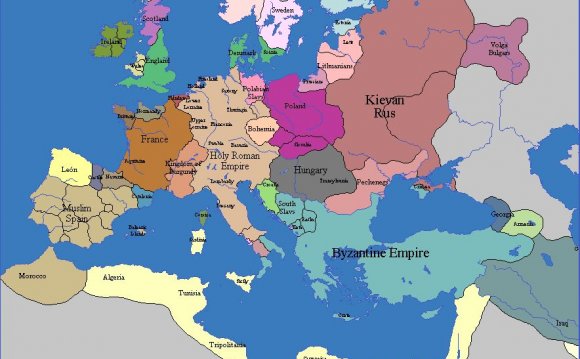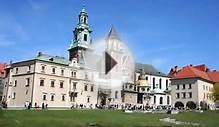
The victory of Poland’s conservatives in Sunday’s general election marks a seminal moment in post-cold war Europe.
Poland is Europe’s swing player. No other important European country — Poland is a little ahead of Belgium, but behind Switzerland and Sweden, in the gross domestic product rankings — has over the past 200 years been obliterated from the map by its neighbors, and then reforged with, and in, a new European identity.
The return to government of nationalist Jaroslaw Kaczynski’s Law and Justice party (PiS) will significantly influence three interlinked developments guiding Europe’s future. Across all these questions, Kaczynski adds to the problems facing Chancellor Angela Merkel, whose status within and outside her Christian Democrat party has been weakened by widespread German divisions over mass immigration from conflict-ravaged regions.
The presence of a vibrantly anti-Russian party at the helm of a pivotal Central European state will also not make life easier for President Barack Obama and his successor as they try to broker some kind of rapprochement — whether over Ukraine, Syria, energy or sanctions — with Vladimir Putin’s recession-hit yet increasingly self-confident Russia.
PiS, a heady Polish mix of conservatism, populism and nationalism, is estimated to have won 38% of the vote, and may be able to rule without coalition partners. The centrist pro-European Union PO party conceded defeat after estimates gave it around 24%.
The first set of issues where Kaczynski will make his mark will indeed be over relations with Russia. Kaczynski was Polish prime minister in 2006-07. He nominated Beata Szydlo as his party’s candidate for the premiership, partly because he realized that his frequently brusque style displayed a decade ago could discomfort Polish voters concerned about good relations with the rest of Europe.
He may use the return to the front line to proclaim that he habitually warned the West against Russian aggression, hampering Putin’s efforts to project a more statesmanlike image on the world stage. Kaczynski detected Russia’s hand behind the disastrous plane crash in 2010 that killed his twin brother Lech, then Polish president, approaching an airfield in Smolensk, Russia. Long-running conspiracy theories may now be reignited.
The second field of potential skirmishes is over the euro EURUSD, +0.2817% .
For years, Poland — the seventh biggest economy out of the 28 in the EU — has been seen as a prize candidate to join the European single currency. The three Baltic states — Estonia, Latvia and Lithuania — have all become members in the past few years, as did Slovakia and Slovenia earlier on — steps hailed as evidence that the euro bloc was integrating parts of Europe previously behind the “iron curtain.”
However, Poland’s qualms have grown about tying itself to a low-growth currency area beset by tension over debt accumulated by poorer countries and owed to rich ones. Marek Belka, the caustic governor of the National Bank of Poland, whose term ends next year, is unlikely to be displeased that the political impetus for euro membership has been ebbing fast — and, under Kaczynski, is likely to be snuffed out altogether.
YOU MIGHT ALSO LIKE












